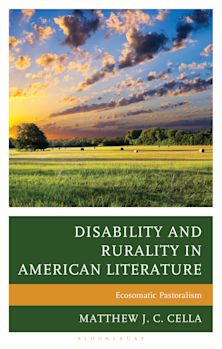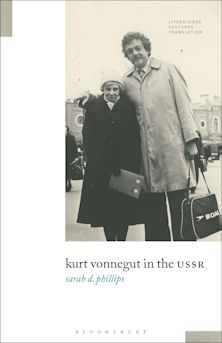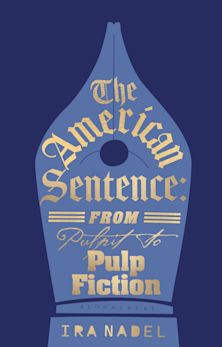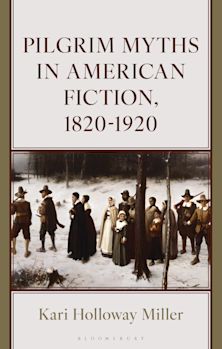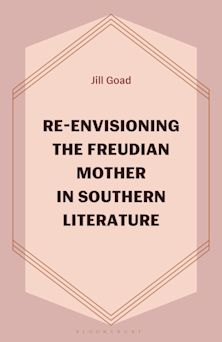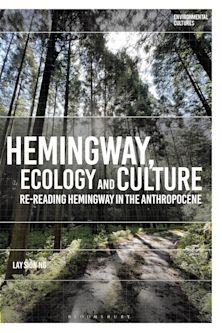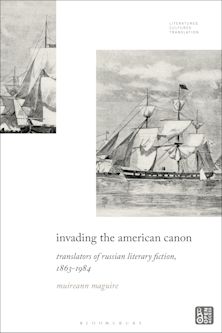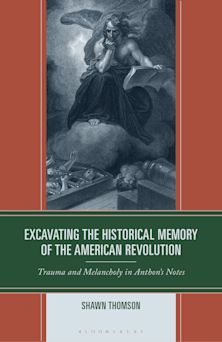Robert Lowell's Imitations and the Cold War
Containment, Leakage, Anarchy
Robert Lowell's Imitations and the Cold War
Containment, Leakage, Anarchy
Description
The first book-length study focusing on Robert Lowell's career-long preoccupation with the liberal mode of translational adaptation known as imitation.
Robert Lowell's Imitations and the Cold War argues that Lowell's imitations are simultaneously symptomatic of and critically responsive to familiar nodes of Cold War ideology such as containment and contamination, secrecy and security, post-imperial U.S. expansion and Empire. It departs from studies focused solely on Imitations (1961), Lowell's book-length collection of translational adaptations, by demonstrating how imitation shadows Lowell's work from his earliest collections, Land of Unlikeness (1944) and Lord Weary's Castle (1946), through his celebrated mid-career collections, Life Studies (1959) and For the Union Dead (1964), and to later works such as Near the Ocean (1969) and his contributions of adaptations from the Russian of Anna Akhmatova and Osip Mandelstam collected in Olga Carlisle's anthology, Poets on Street Corners (1967).
Simon van Schalkwyk excavates the imitational substrate undergirding and informing Lowell's compositional method and poetic imagination throughout the course of his career. In so doing, he shows how imitation enacts, at the level of form, Lowell's restless investment in Cold War geopolitics and literary networks in ways that inform, develop, and complicate his more conventional canonization as an unquestionably 'American' poet preoccupied solely and simplistically with personal or autobiographical modes of poetic 'confession'.
As literary sites at which containment's dualities, porosities, leakages, and contaminants are most clearly displayed, Lowell's imitations simultaneously challenge and develop our understanding of confession's presumably strict preoccupation with the personal, regional and national frameworks through which Lowell has commonly been understood.
Table of Contents
Preface
Introduction: “In his own voice, and in translation”
1. Transatlantic Frontiers: Land of Unlikeness (1944) and Lord Weary's Castle (1946)
2. Un-American Confessions: The Mills of the Kavanaughs (1952) and Life Studies (1959)
3. “We imitate, Oh horror!”: Imitations (1961)
4. The Anarchy of Empire: For the Union Dead (1964)
5. From Rome to Russia: Near the Ocean (1967) and Poets on Street Corners (1968)
Coda
Bibliography
Index
Product details

| Published | 07 Aug 2025 |
|---|---|
| Format | Ebook (PDF) |
| Edition | 1st |
| Extent | 224 |
| ISBN | 9798765132579 |
| Imprint | Bloomsbury Academic |
| Illustrations | 5 b&w tables |
| Publisher | Bloomsbury Publishing |
Reviews

ONLINE RESOURCES
Bloomsbury Collections
This book is available on Bloomsbury Collections where your library has access.














